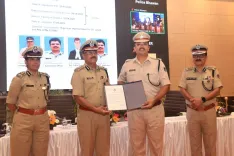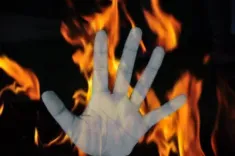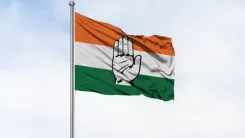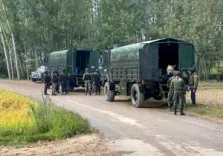Are Growing Khalistani Acts in Canada a Threat to Free Speech?
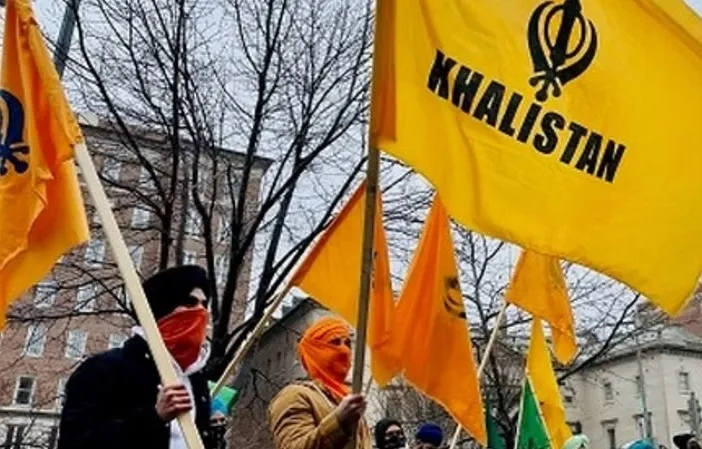
Synopsis
Key Takeaways
- Urgent need for Canada to reassess free speech boundaries.
- Glorification of terrorism poses a serious threat to public safety.
- Authorities must act against violent rhetoric and imagery.
- Canada's reputation is at stake amid rising Khalistani activities.
- Balancing free speech and public safety is essential.
Ottawa, Sep 9 (NationPress) The recent surge of Khalistan-related demonstrations in Ontario underscores the pressing necessity for Canada to reassess the limits of free speech in relation to public safety, according to a report released on Tuesday.
A report by ‘Khalsa Vox’ highlighted that widely shared videos on social media depicted a Canadian truck driver holding a poster of "Human Bomb Dilawar Singh", the suicide bomber responsible for the assassination of Punjab Chief Minister Beant Singh and 17 others in 1995, portraying him as a martyr instead of a terrorist. This representation is deemed as glorifying terrorism within the nation.
The Indian government has repeatedly conveyed its concerns to Ottawa regarding pro-Khalistan activities in Canada, especially those that pose direct threats to Indian diplomats.
The report mentioned that during the Khalsa Nagar Kirtan in Ontario's Malton, organized under the banner of the terror group Sikhs for Justice (SFJ), posters with violent imagery and rhetoric targeted the newly-appointed Indian High Commissioner to Canada, Dinesh Patnaik. SFJ, which has been banned in India due to its extremist activities, has long utilized Canada as a hub for propaganda, referendums, and intimidating Indian officials.
According to the report, "The Vienna Convention on Diplomatic Relations" mandates host countries to protect foreign diplomats from any form of attack on their person, freedom, or dignity. When a public parade displays a sitting High Commissioner as a target, and no action is taken by the authorities, it constitutes not just a law enforcement failure but a breach of diplomatic protocol.
The report emphasized that authorities need to clarify that celebrating terrorists or targeting diplomats with violent imagery is completely unacceptable. Law enforcement should treat such incidents as serious violations rather than dismissing them as mere 'community matters'. Politicians must avoid catering to fringe opinions at the cost of public safety and Canada’s international standing.
It was further noted that the ongoing public glorification of suicide bombers like Dilawar Singh normalizes the idea of political violence as a valid means. Targeting diplomats publicly contravenes Canada’s obligations under international law. The inaction of Canadian authorities risks signaling to extremist groups globally that Canada provides a permissive environment to further their agendas.
The report concluded, "The choice is not between free speech and public safety — it is about ensuring both. Canada must protect the right to peaceful advocacy while firmly addressing those who exploit its freedoms to spread hate and violence. The events in Malton and the glorification of suicide bombers present a critical test of that commitment."
When speech and imagery cross into the realm of glorifying murderers or directly threatening individuals, they transition from being mere political discourse to incitement, a category that Canada’s legal framework, similar to many democracies, has provisions to manage. However, enforcement appears hesitant, inconsistent, or politically influenced.


